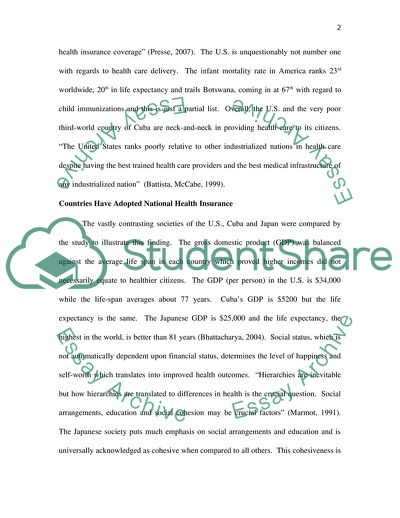Cite this document
(Not Found (#404) - StudentShare, n.d.)
Not Found (#404) - StudentShare. https://studentshare.org/medical-science/1730522-higher-status-leads-to-a-longer-life
Not Found (#404) - StudentShare. https://studentshare.org/medical-science/1730522-higher-status-leads-to-a-longer-life
(Not Found (#404) - StudentShare)
Not Found (#404) - StudentShare. https://studentshare.org/medical-science/1730522-higher-status-leads-to-a-longer-life.
Not Found (#404) - StudentShare. https://studentshare.org/medical-science/1730522-higher-status-leads-to-a-longer-life.
“Not Found (#404) - StudentShare”. https://studentshare.org/medical-science/1730522-higher-status-leads-to-a-longer-life.


